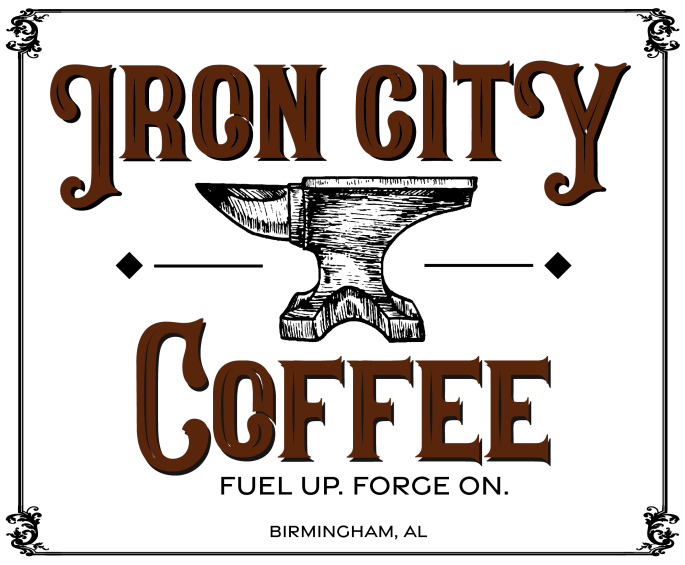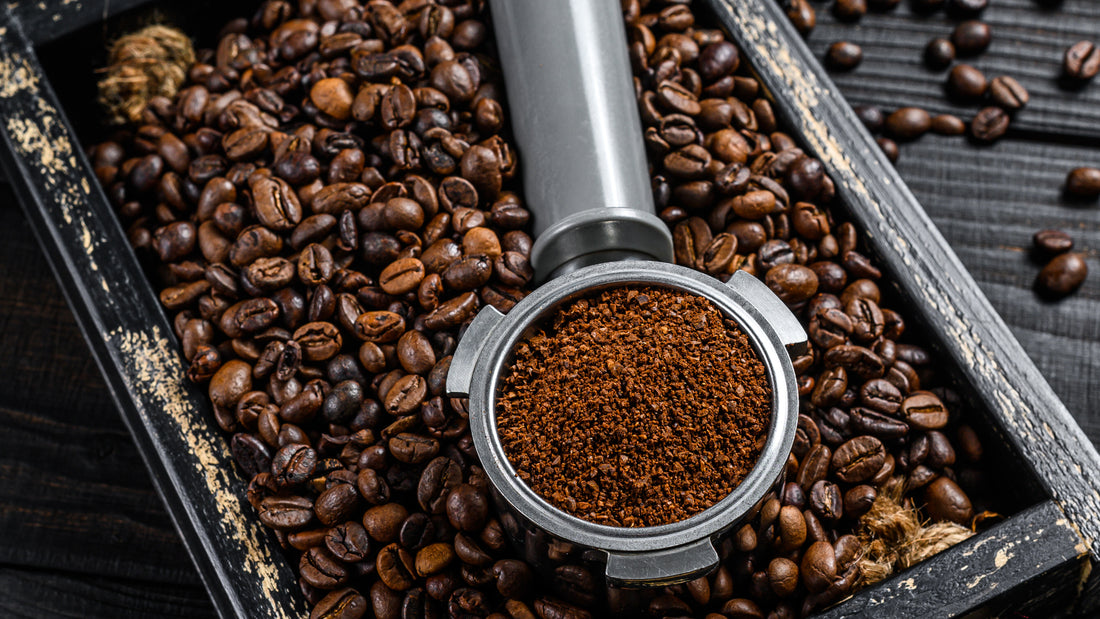There's nothing like a delicious cup of coffee. The aroma of freshly roasted, freshly brewed gourmet coffee is an experience like no other. With so many flavor profiles, roast options, and farm sources, it can be overwhelming to find where to start. That's why we've put together a beginners guide to gourmet coffee, to introduce you to the nuances of the world of coffee, and to help you find your perfect cup.
Coffee Bean Origins
It begins with the soil and climate where the bean is grown. Coffee beans are grown in many different countries, and each region produces its own unique flavor. For example, coffee beans from South America is often described as nutty and chocolatey, while coffee from Africa is known for bright and fruity notes. It depends on the fertility of the soil, rainfall, and other acts of mother nature.
Levels of Roasting
The temperature and length of the roasting process is an important factor in the flavor of coffee.
- Light roasts have shorter roast times and lower temperatures. This produces a milder flavor, but it's easier to notice the nuanced differences of coffee flavors.
- Dark roasts are roasted longer and/or at higher temperatures and have a stronger, bolder flavor.
- Medium roasts are somewhere between the two, offering a balanced flavor and a smooth, well-rounded finish.
Brewing Methods
From pour-over to French press to espresso machines, there are many different methods to draw different flavors from the same coffee.
- During pour-over brewing, hot water is poured over ground coffee in a paper or metal filter. This allows for precise control over soaking time and water temperature to give a clean, bright flavor
- A French press is a container that steeps ground coffee in hot water. After some time, the ground coffee and water is separated using a mesh plunger. This method gives a rich and full-bodied coffee with slight sediment at the bottom of the cup.
- An espresso machine forces pressurized hot water through finely ground coffee to extract a concentrated shot of coffee. Espresso has a strong and intense flavor with a creamy, velvety texture.
- Cold brewed coffee is ground coffee steeped in cold water for an extended period of time, usually 12-24 hours. The result is a smooth and less acidic coffee that is perfect for hot summer days.
- Drip coffee is the coffee method most are familiar with. Hot water drips through ground coffee and into a carafe. Often used in automatic coffee makers, this is a common method for making large quantities of coffee. Since there's not as much steeping, drip coffee is generally considered to be smoother and milder compared to other brewing methods.
Whether you prefer a bold espresso or a smooth cold brew, it's worth experimenting to find the method that works best for you.
Grind Size
When the grind size is fine, water will have more resistance passing through the grind, resulting in a full-bodied and bold brew. A finer grind is best for espresso and other strong, concentrated coffee drinks. On the other hand, when the grind size is course, water will pass through the grounds quicker to produce a smoother, milder brew. A courser grind is best for brewing methods like French presses and pour-overs.
Exploring the world of gourmet coffee is an exciting and rewarding journey - no matter where you choose to start. Whether you're a seasoned coffee drinker or just getting started, understanding the different factors that impact your coffee's flavor brings you closer to finding your perfect cup of coffee. Fuel up, forge on, and happy brewing!


1 comment
Last week, my sister told me she’s interested in starting a coffee shop with her best friend next year. I’m glad you explained the different types of coffee brewing methods and how they draw unique flavors from the same coffee, so I’m positive that my sister would be interested in knowing about this. Thank you for the tips on using a French press or an expresso machine to brew coffee. https://battlefieldcoffee.com/christian-coffee-company